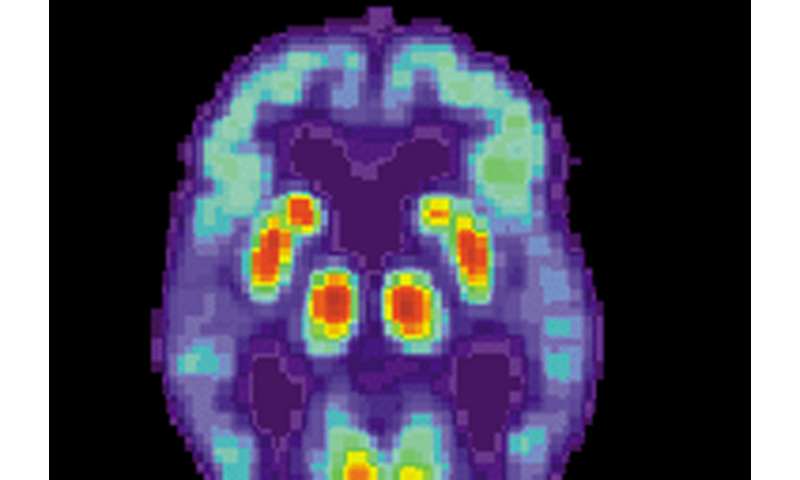
Researchers at McGill University and the Douglas Mental Health University Institute, in collaboration with the StoP-AD Center, have published a new paper in the Journal of Alzheimer’s Disease, examining how a known genetic risk factor for late-onset Alzheimer’s disease (AD) influences memory and brain function in cognitively intact older adults with a family history of AD.
For their study, the researchers looked at a specific gene, called apolipoprotein E (APOE), which has three allelic variants: e2, e3 and e4. Of these genetic variants, previous studies have shown adults with a single APOE e4 (+APOEe4) gene are at higher risk…

























